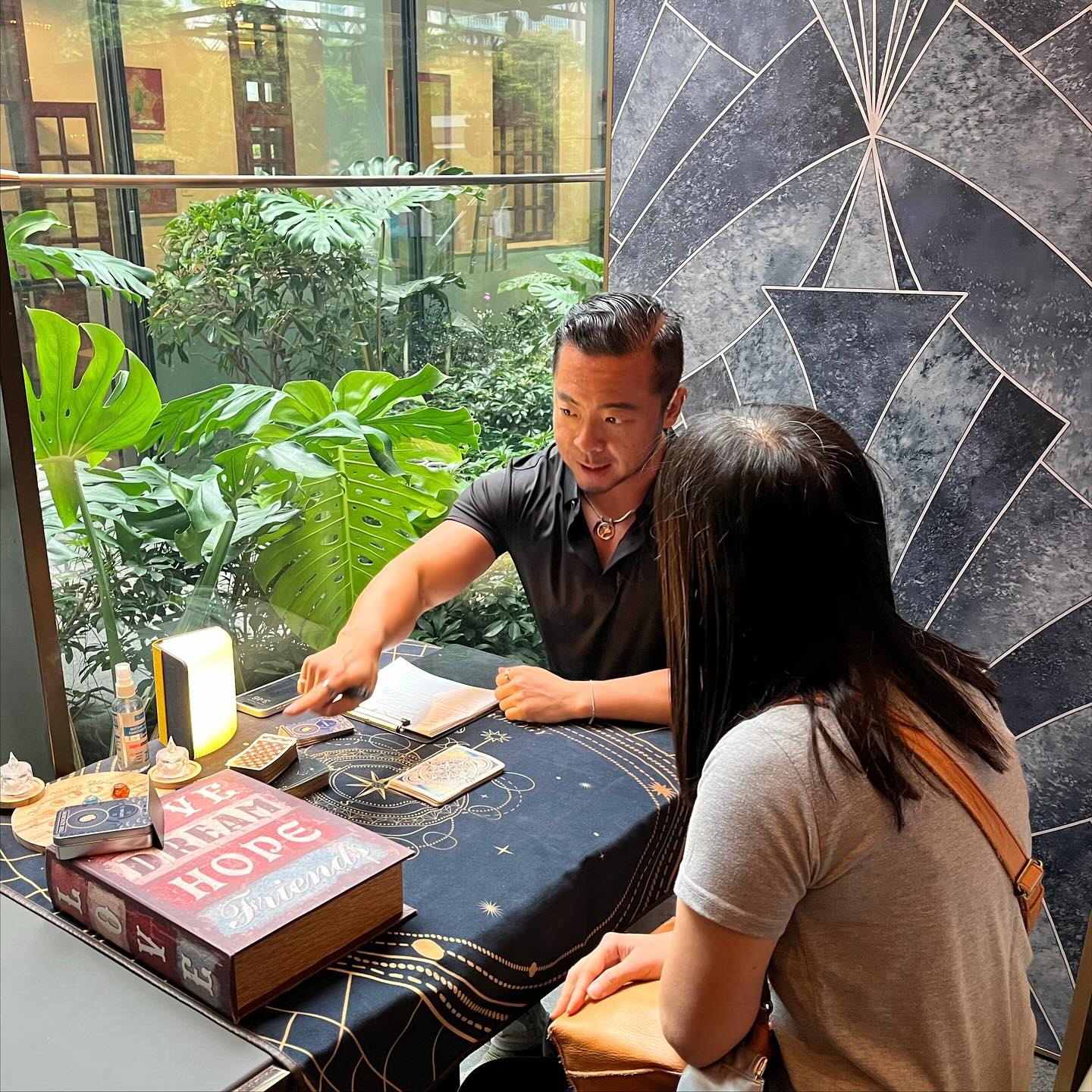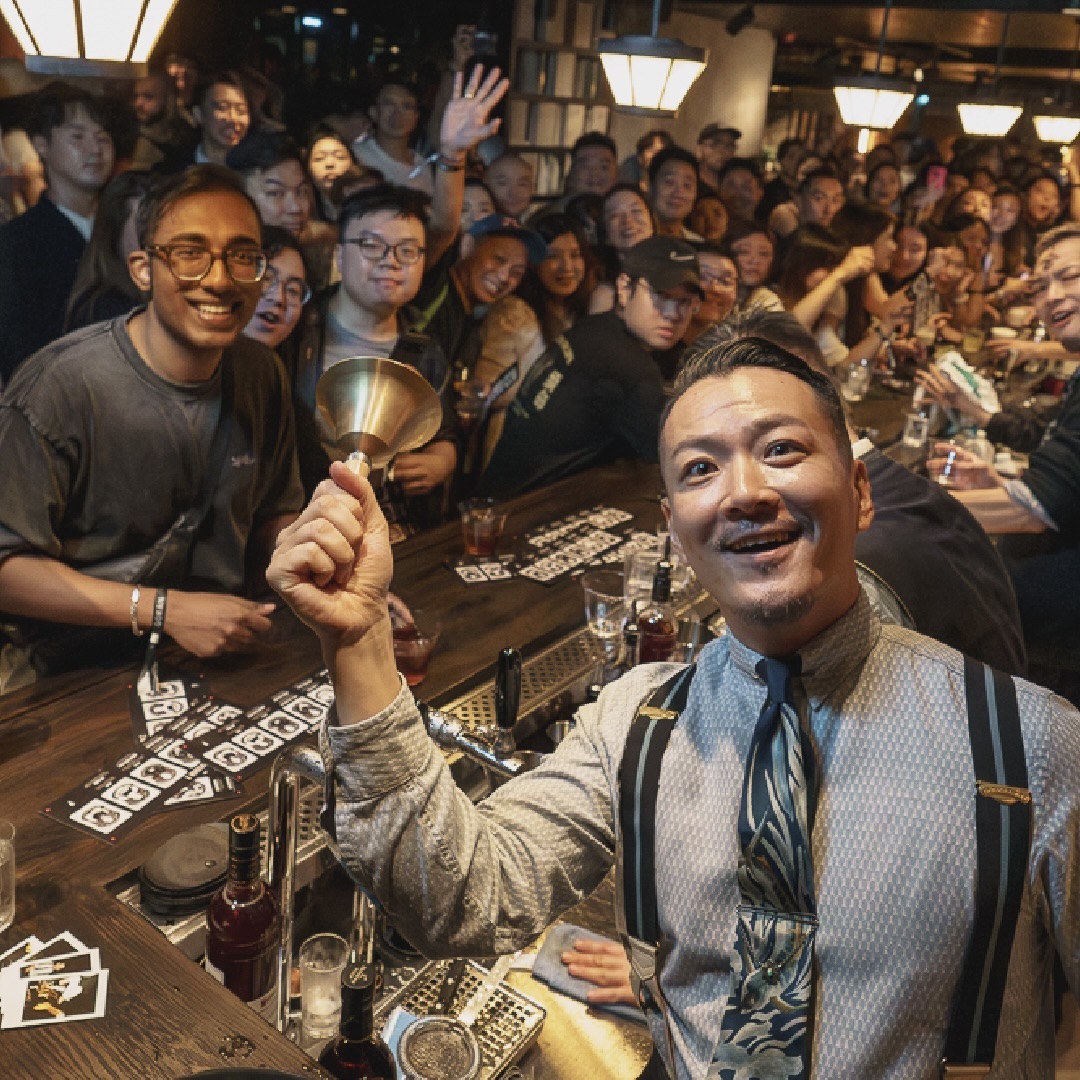No walls, no doors, no problem. David Ho heads to Buahan, a Banyan Tree Escape to get away from it all in the jungles of Ubud
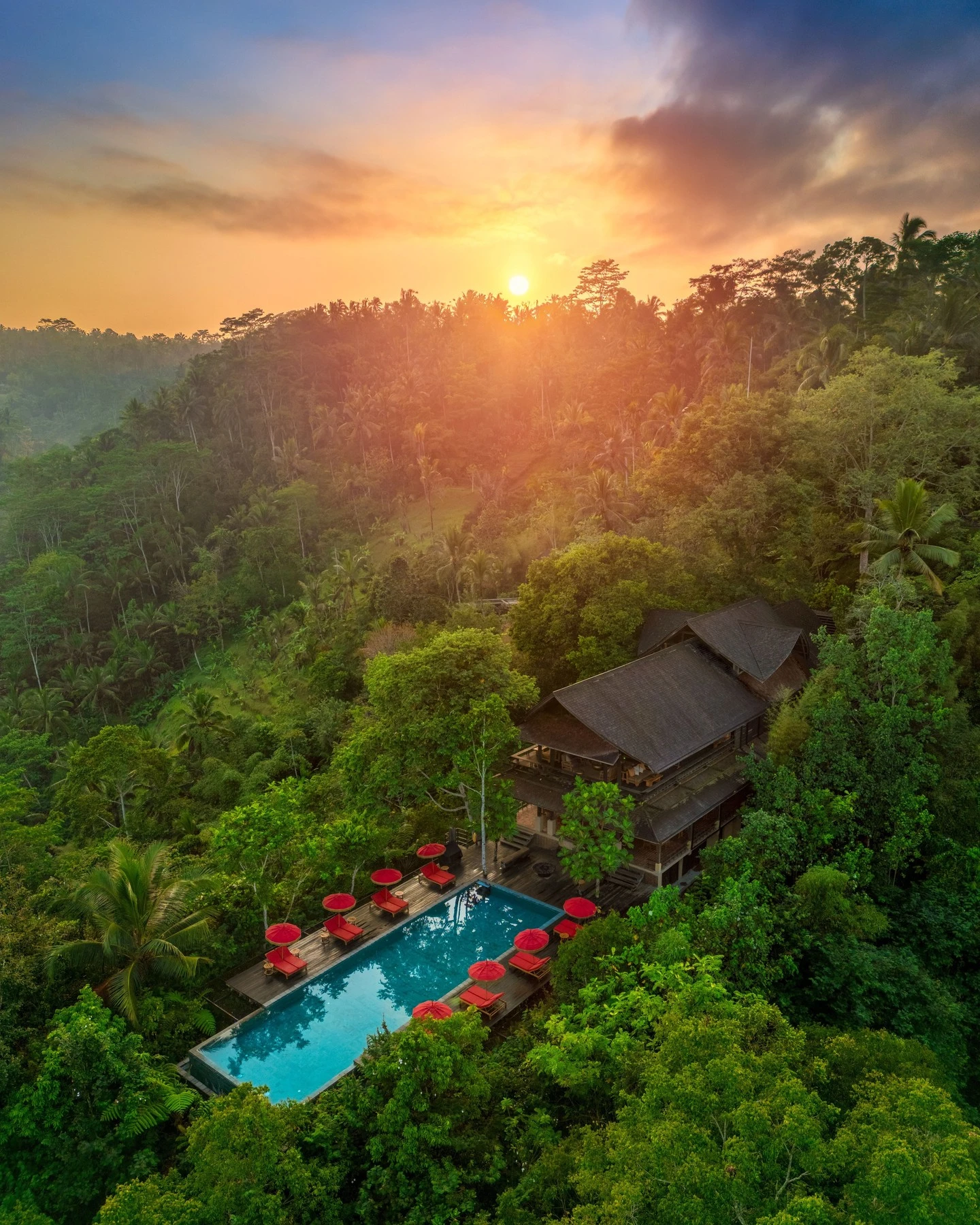
Every now and then, we just need to disconnect. So when we got an invitation to stay at and celebrate the third anniversary of Buahan, a Banyan Tree Escape, it sounded like the right kind of getaway we needed. Located in northern Ubud, this promised to be a retreat in the wild and away from the frenetic pace of our existence.
Buahan is the debut property of the Banyan Tree Escape brand, which aims to provide experiential stays beyond the typical luxury lodging. A second property called Ubuyu, a Banyan Tree Escape, is set to open in Tanzania later this year.
After a three hour car ride from Jimbaran (two if you are heading there from the airport and dependent on traffic conditions), we reached the property located about an hour away from downtown Ubud. As our car drove down the long entrance path, I rolled down the windows and was greeted by the earthy yet fresh scent of the tropical jungle. Toto, I have a feeling we’re not in Kansas anymore.
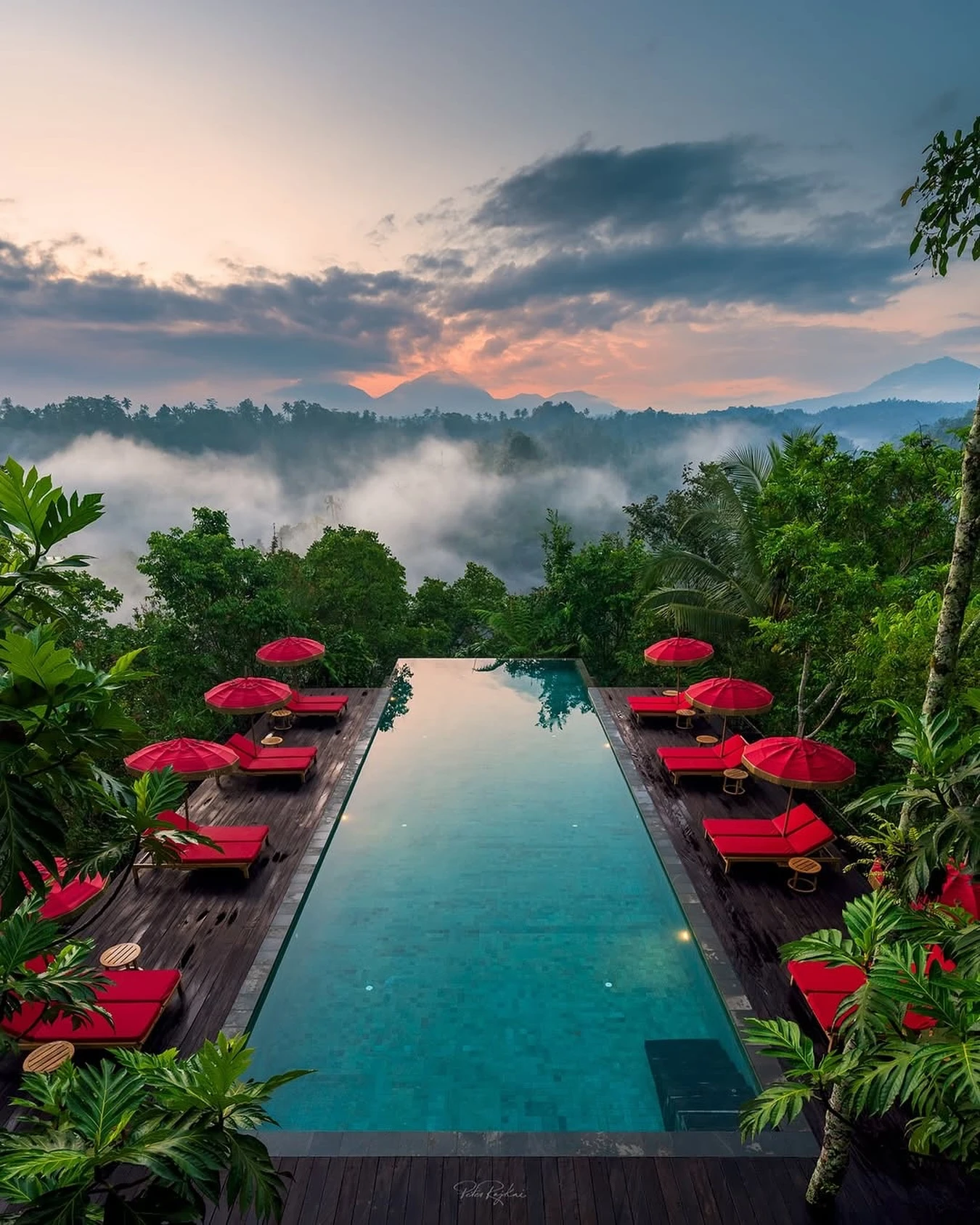
Now, Buahan means ‘fruit’ in Indonesian. The retreat takes its name from the village nearby sharing the name as well as the many tropical fruit trees that make up the area’s lush greenery. The property is high up too, being 700m above sea level. So not surprisingly, the temperatures are also cooler than elsewhere in Bali. As the resort is built on a slope, there is a carriage on tracks that helps one get to different altitudes of the resort.
“We wanted to create something experiential, something that is raw and real,” says Puspa Anggareni, Buahan’s resort manager who has been attached to the property since its conception. But “raw and real” is by no means a roughing it out kind of situation. The adults-only resort (hooray for no screaming kids!) still has all the luxury and comforts you’d expect from a Banyan Tree property.
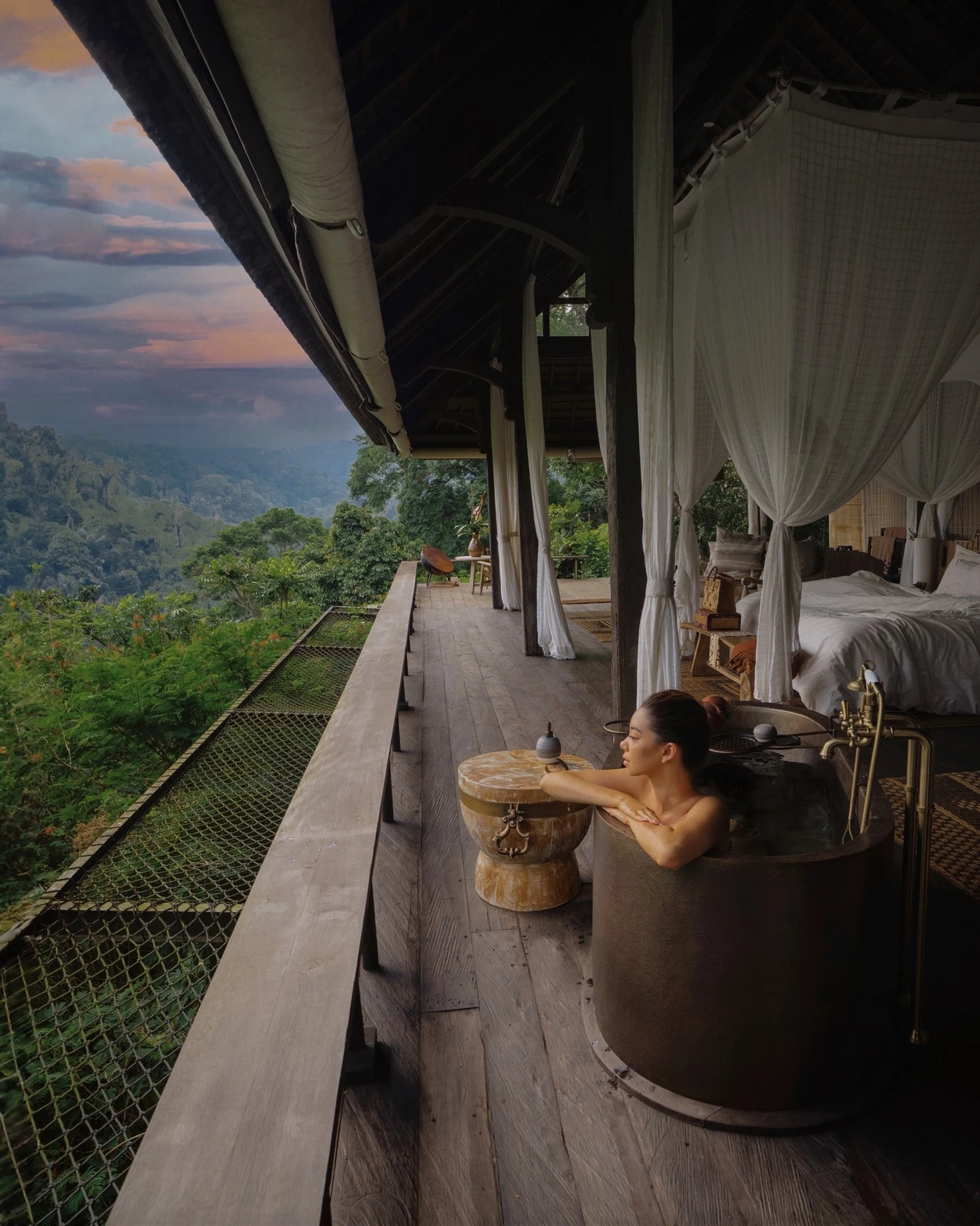
Nonetheless, we were still a bit daunted upon hearing that the villas, referred to here as bale (a space for gathering in Indonesian culture), had “no walls and no doors”. But when we are shown to our living quarters, one of just 16 bale, we are blown away by the view. The room is like a sheltered open deck, offering one a panoramic view of the jungle from high up that honestly gives us Jurassic Park vibes. Whether you are in bed, having a bath or lounging in the private pool, you get to feel like you are with and above the jungle at the same time.
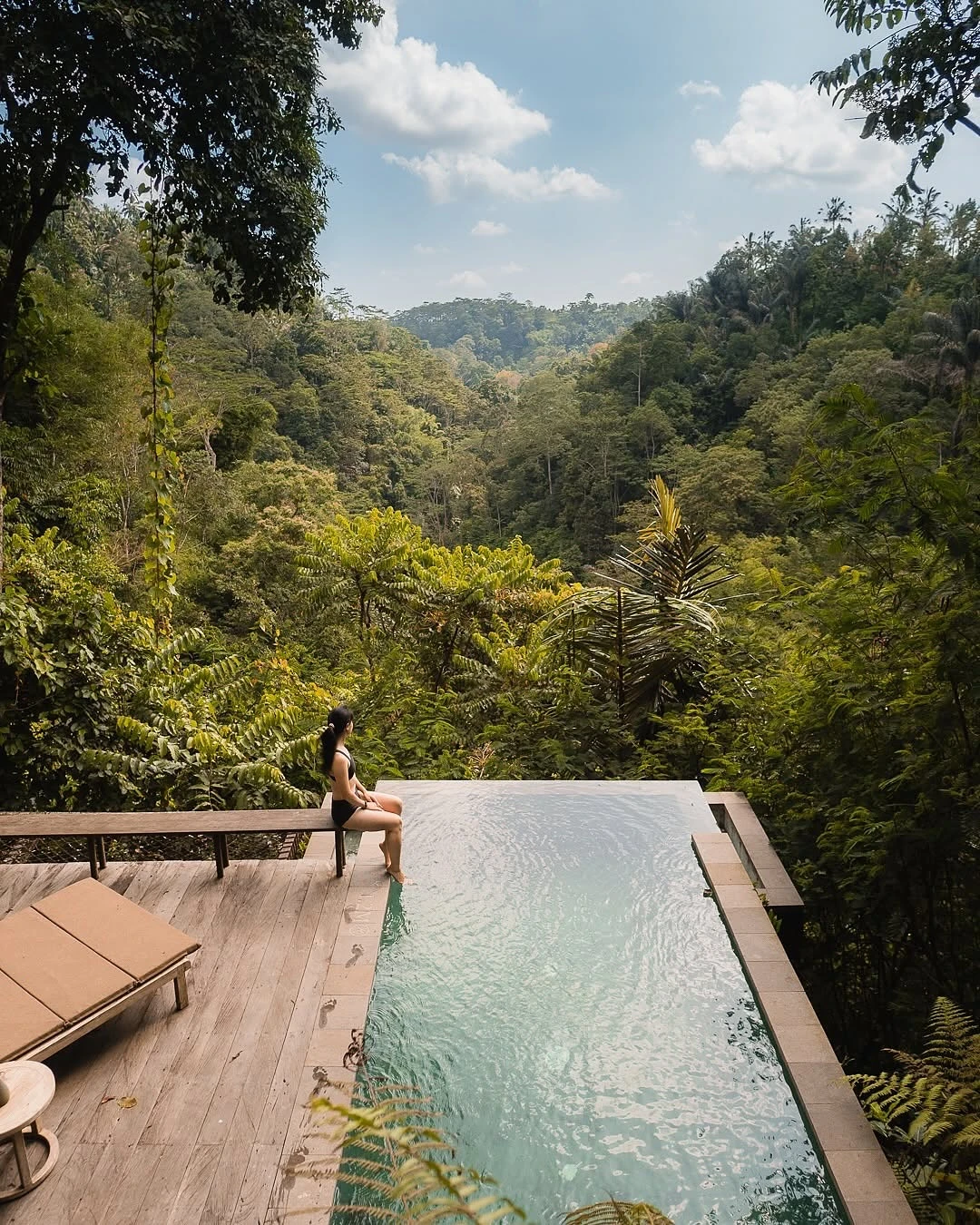
But all the bale here are strategically positioned so that no neighbouring guests can ever peek into your private abode. Of course, one can’t be close to nature without encountering nature itself. In the evenings, the bugs from the jungle and nearby paddy fields tend to be drawn to the light of the villa.
Fortunately, the resort does offer netting and their own blend of herbal repellent to keep the insects at bay and uses sonar soundwaves to protect against snakes. There is no need to turn on white noise or nature sounds as it all right here naturally, there is honestly something about falling asleep in the fresh air with the gentle buzz of cicadas that is just therapeutic.
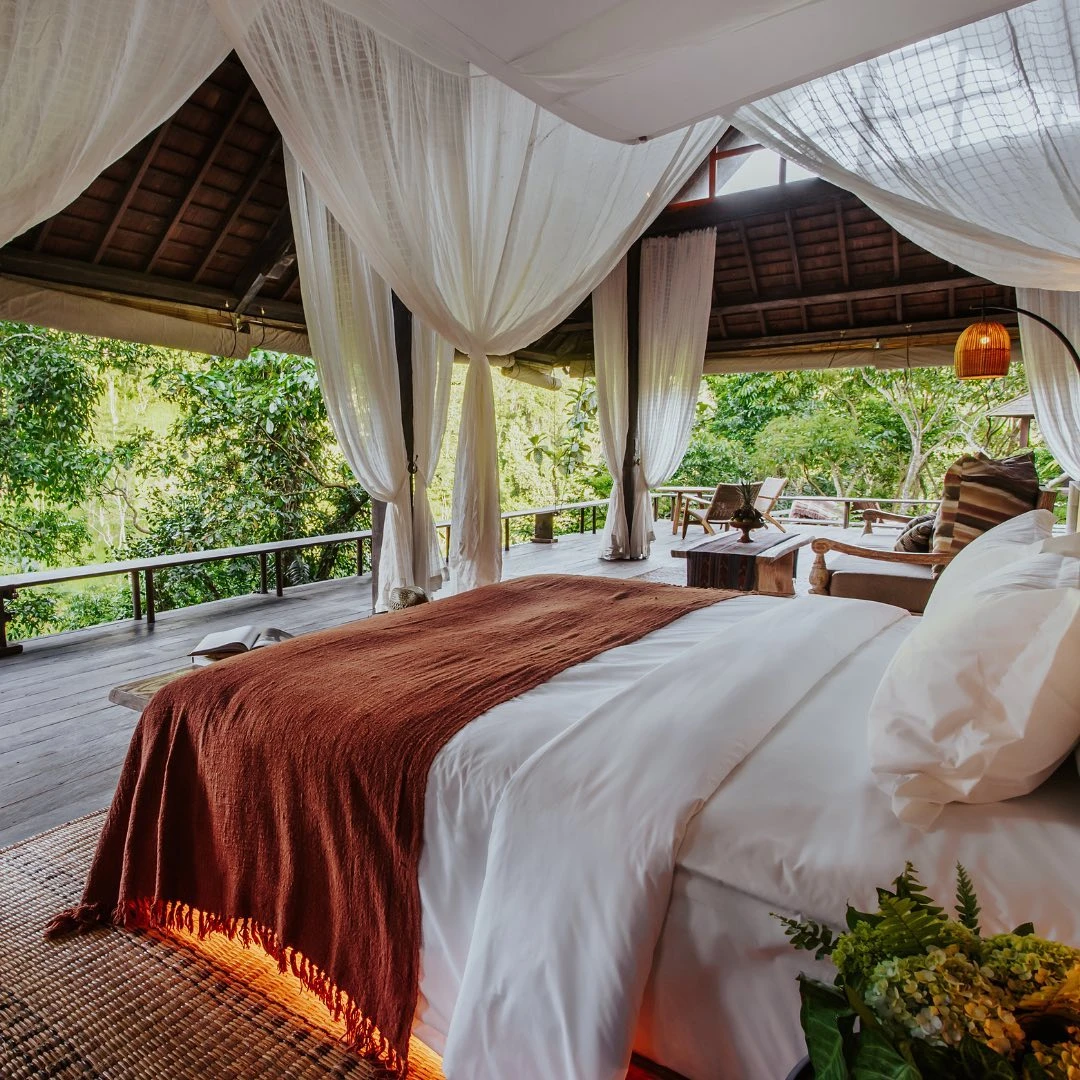
On the evening of Buahan’s third anniversary, we gathered for sundown cocktails and an hour of cultural performances that gave us insight into the #legends and lores of Bali. Ubud, we were reminded, came from the Indonesian word for medicine – ubat. The district gained its name from the rich source of medicinal herbs in the area and the healers that flocked there. It’s a tradition that has continued well to today, with the plethora of wellness gurus and seekers that thrive in the area today.
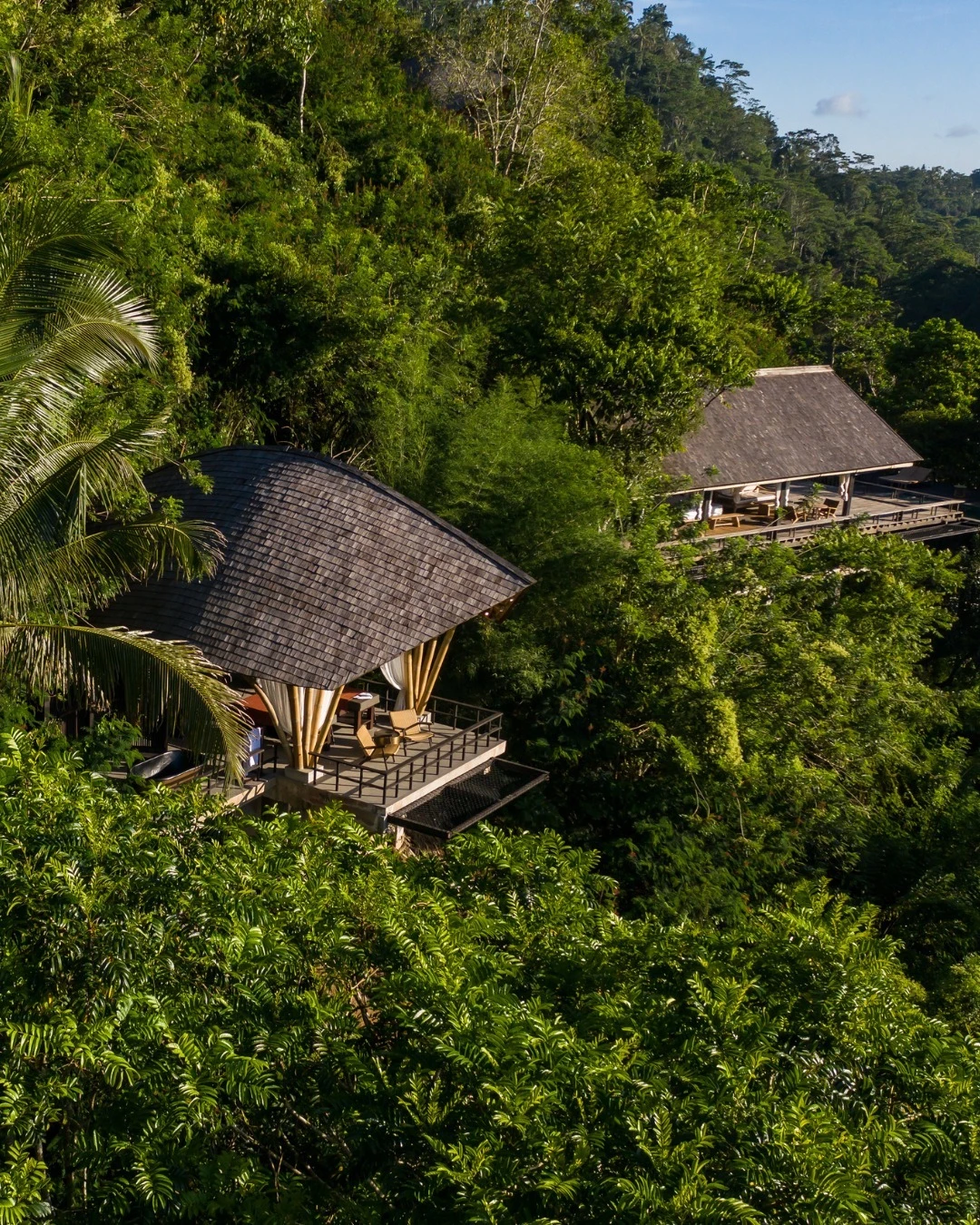
To drive home the wellness legacy, we were treated to a six-hand dinner at Open Kitchen, the resort’s restaurant. Open Kitchen’s chef Surya teamed up with forager/ chef Made Masak as well as priest/chef Jero Yudi, to prepare the meal. The three-way collaboration was inspired by the Balinese philosophy of Tri Hita Karana, which emphasizes harmony between humans and God (Parahyangan), humans and other humans (Pawongan), and humans and nature (Palemahan).
The feast, curated as a journey from forest to flame, was made with ingredients foraged from the property. It was a delicious mix of Indonesian classics, from sate and rujak salads to coconut milk-based curries and fruity sorbets. We were also served herbal elixirs that showcased how traditional tonics have long been part of the local wellness tapestry.
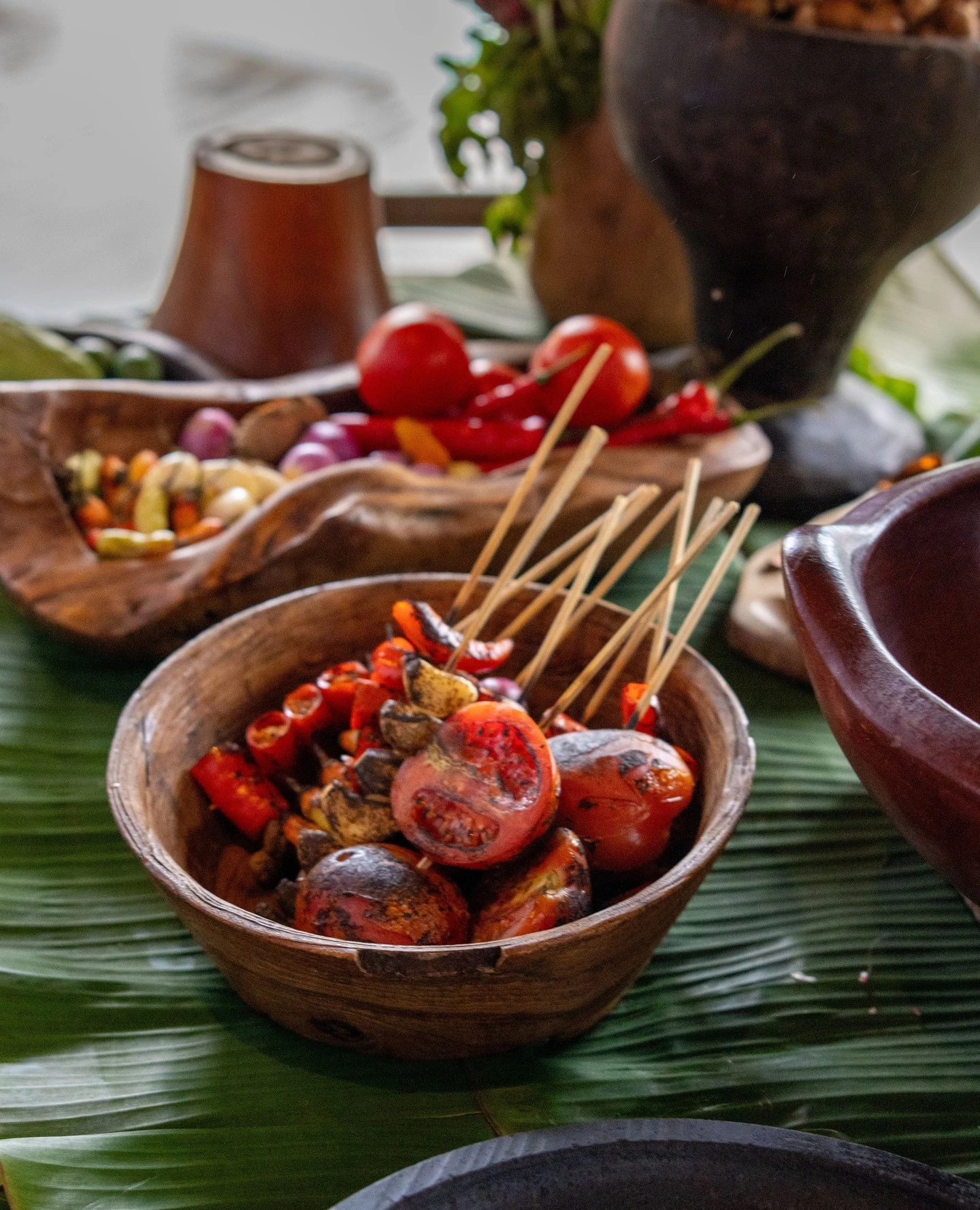
The rest of our time at Buahan, a Banyan Tree Escape, floats by in a haze of delicious plant-based meals at Open Kitchen, early morning yoga classes, Balinese massage at Buahan’s Toja spa, and strolls along the frangipani scented paths. But before I leave, we have one last thing on the agenda – a trip to the resort’s private waterfall for a purification ritual known as melukat.
For this, we start by creating offerings to the gods called canang sari by arranging auspicious local blooms into woven palm-leaf baskets. Then, it is a journey down about 320 steps, accompanied by one of the resort’s escape hosts and a Balinese priest.
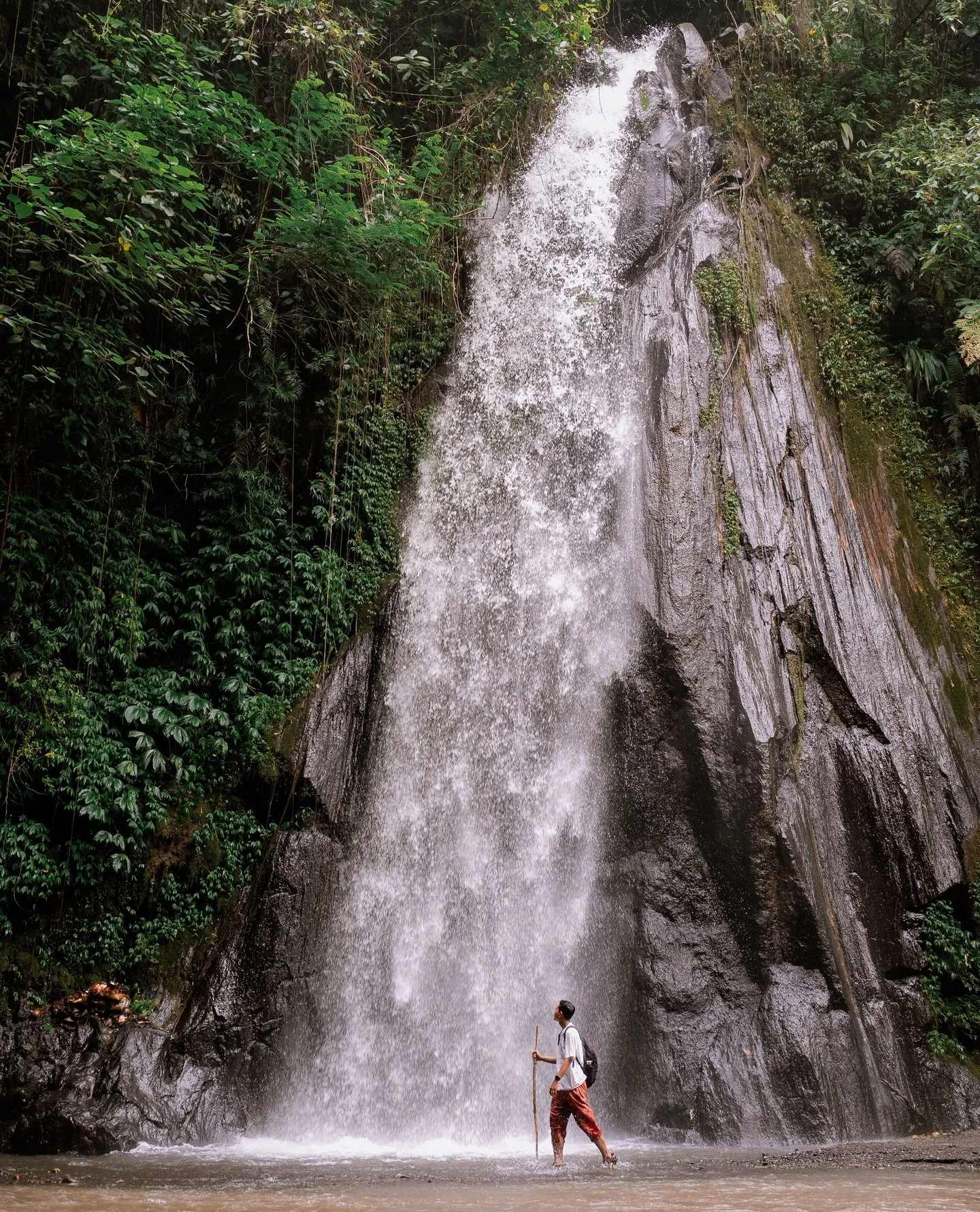
The purification ritual is intended to balance out the light and dark energies within one. I am told the Balinese Hindus typically engage in melukat during the full moon. After the priest has performed his prayers and made his offerings, we wash our face and top of our heads in coconut water as well as the cool waters of the waterfall.
While I can’t account for how much accumulated karma I’ve cleansed from this ritual, it is a refreshing experience to dip in the fresh waters of the Ayung river and feel my worries wash away. While Ubud may take its name from its many herbs and healers, the real medicine here may be the opportunity it provides for an escape. Or in this case, a Banyan Tree Escape.
Also see: #review: Raffles Bali’s Rumari serves up a dinner worth flying for



